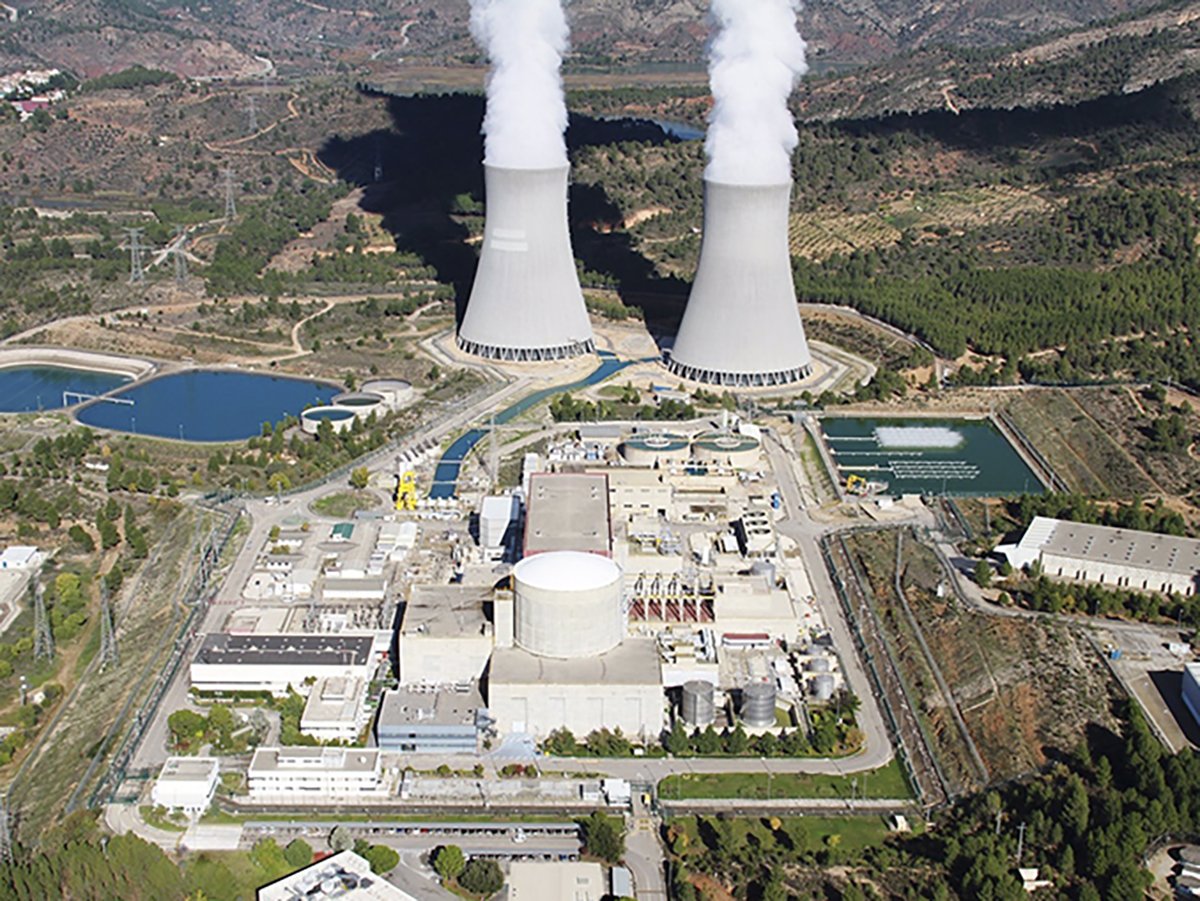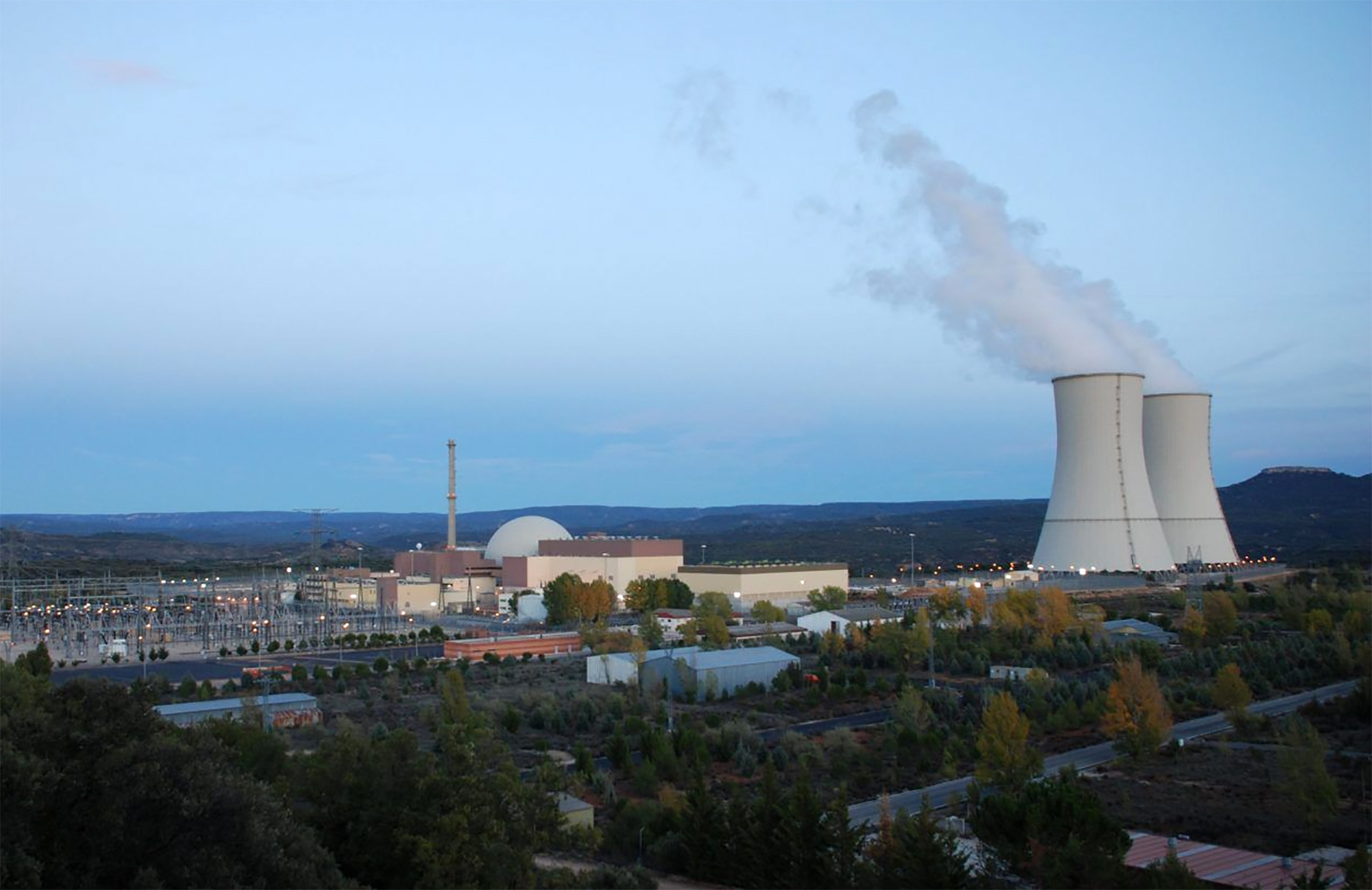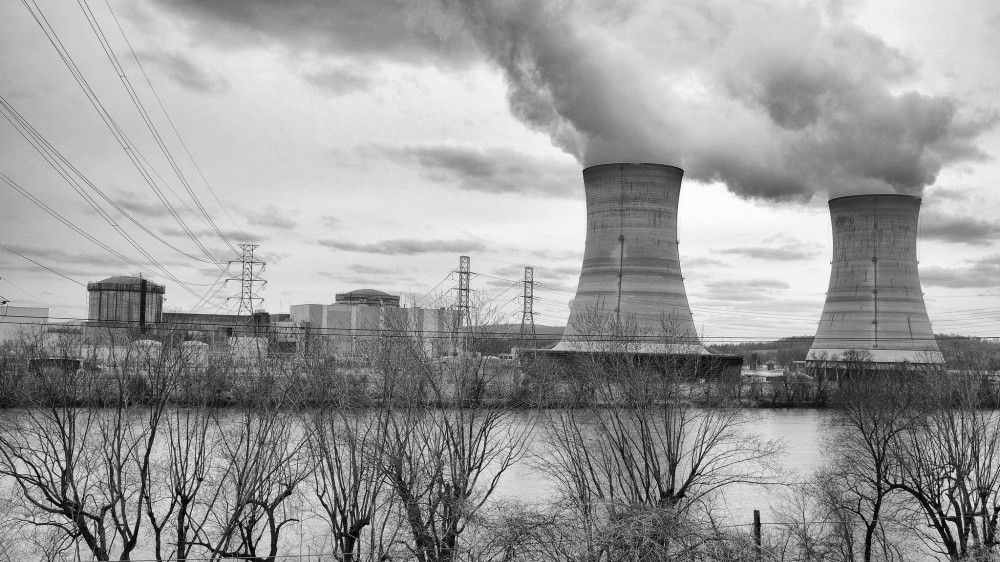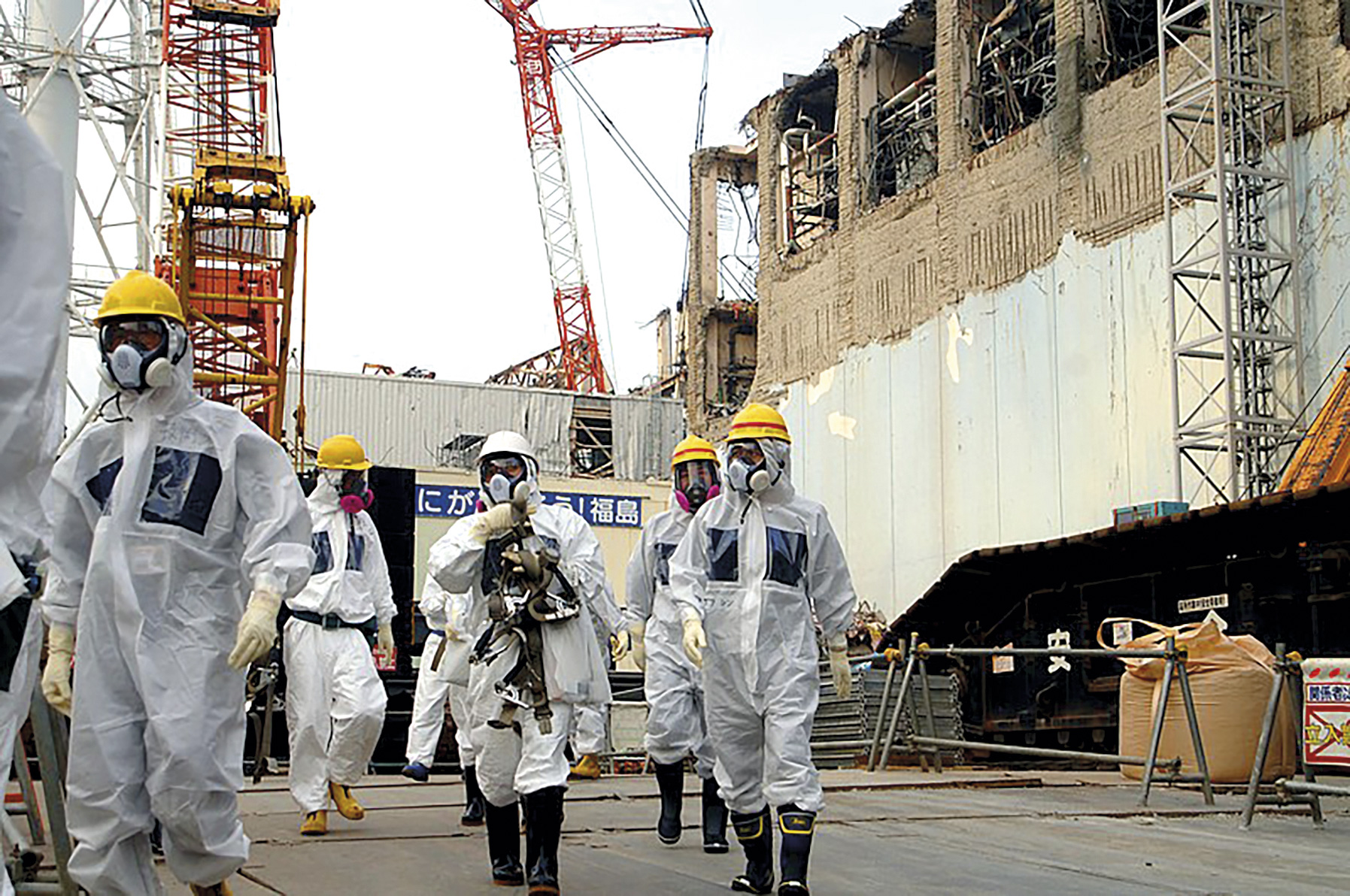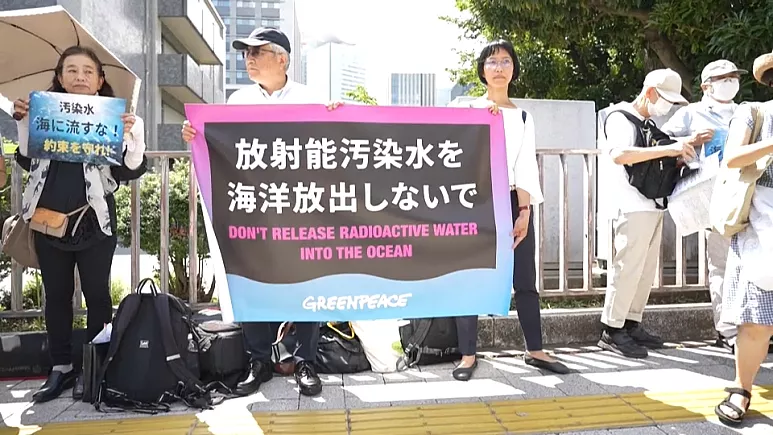Earthquakes question the safety of the nuclear power plant being built in Turkey
- The Akkuyu nuclear power plant is not yet in operation and they want to finish the works by autumn. "If there were another earthquake tomorrow and the reactors were filled with fuel, then we would have a terrible catastrophe," explains ecologist Pinar Demircan, who is at the base of the plant's report. The government says that they are being built "in a safe place", but the opponents have proven otherwise.

The two violent earthquakes have sharply exacerbated the Middle East, and in recent days they have heightened the concern they already had in mind: the possible accident at the Akkuyu nuclear power plant in southern Turkey. The plant is 420 kilometers from the epicenter of the earthquake on February 6. However, in the words of Anastasia Zoteeva, owner of the Rosatom plant, "there has been no harm."
The Russian public company Rosatom started work in April 2015 with the signing of a contract for the construction of four VVER-1200 reactors. Due to construction delays, there are no fuels at the moment and probably grateful, as the magnitude 7.8 earthquake and dozens of replicas over six degrees would affect production.
Disputed version of government
The Ministry of Construction says that the Akkuyu nuclear power plant is located in the most "safe" location in Turkey, the map on which the government is based. However, the opposite voices have multiplied since the Governments of Turkey and Russia signed the contract in 2011. "Akkuyu Ecemis is about 25 kilometers from the active failure and seismic submarine fault linking Cyprus and Akkuyu. We have also told here "blind" lines of failure, says ecologist Pinar Demircan, coordinator of the initiative Nukleersiz.org, which is at the base of a report on this plant. It is clear: "If there were another earthquake tomorrow and the reactors were filled with fuel, then we would have a terrible catastrophe."
In addition to meteorological threats, the site is a source of concern, including the appearance of cracks in one of the reactors in 2018 and the explosion and fire in 2021 in a transformer.
In the hands of Russia
The Russian company directs contracts such as "build-own-operate", "exploitation of constructive property", that is, Russia is leading control from the outset, while in this case Turkey has little competition because they are Russian plans, programmes, technologies, workers and engineers.
In addition, following the agreement signed by both governments, the plant will have to buy half of the electricity produced for fifteen years from Russia. Journalist Özgür Gürbüz estimates that some $2 billion a year.
More than 16,000 people killed and thousands injured in Turkey, Syria and Kurdistan, an ever-increasing figure: the World Health Organization says the deaths can reach 20,000 in the coming days.
Espainiako Estatuko zentral nuklearrak itxi ez daitezen aktoreen presioak gora jarraitzen du. Otsailaren 12an Espainiako Kongresuak itxi beharreko zentral nuklearrak ez ixteko eskatu zion Espainiako Gobernuari, eta orain berdin egin dute Endesak eta Iberdrolak.









